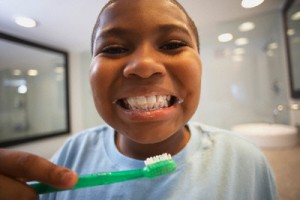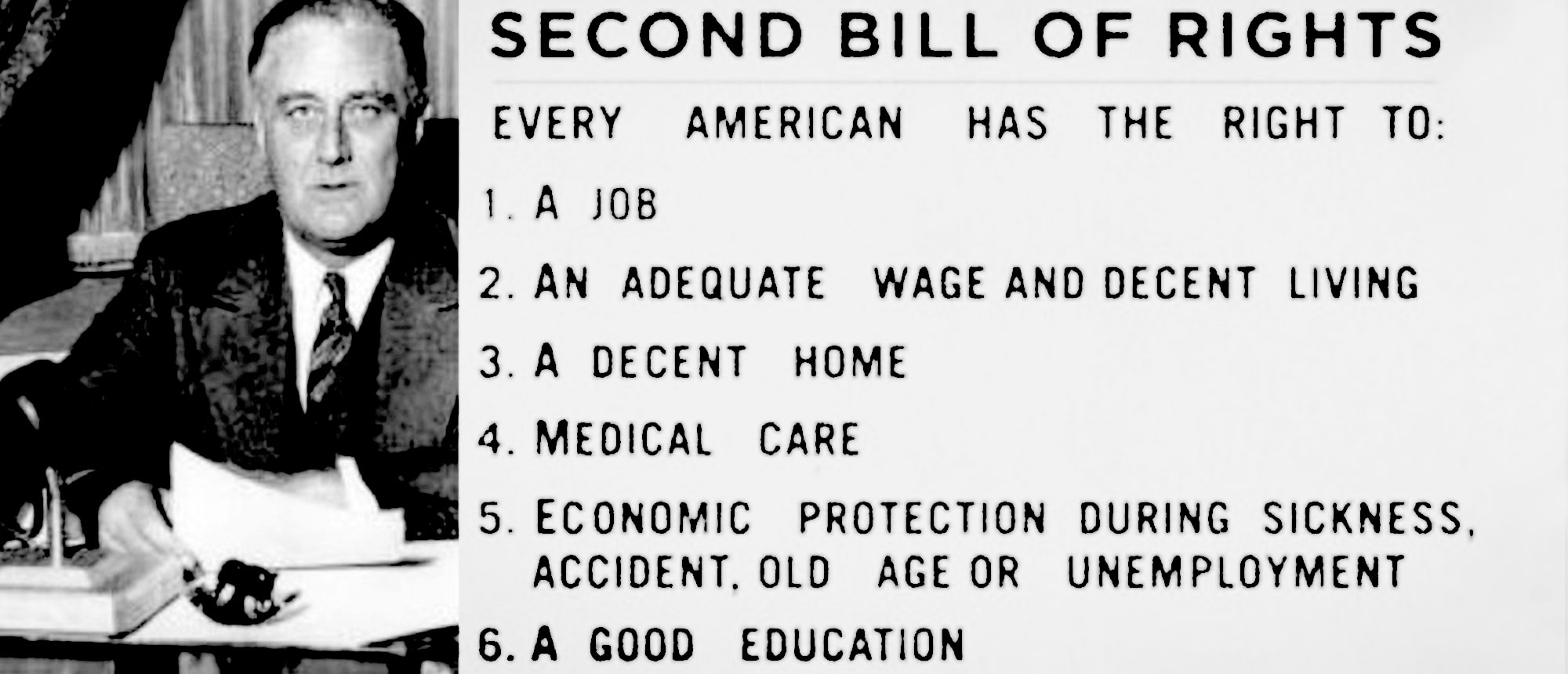(ThyBlackMan.com) Is it the perceived superiority of electric toothbrushes over manual toothbrushes that appeals to consumers? Or is it our obsession with technology that has us reaching for them in the dental-care aisle?
Electric toothbrushes have become very popular in recent years and some say they provide superior dental care. But how does using an electric  toothbrush actually stand up to good, old-fashioned manual brushing?
toothbrush actually stand up to good, old-fashioned manual brushing?
The Advantages of a Manual Toothbrush (there actually are some):
• Cost and availability—It’s inexpensive and accessible. Electric toothbrushes may simply be too expensive for many people, and truly, you can do a fine job brushing with a manual toothbrush.
• Light and portable—It’s easy to take a manual toothbrush with you when you travel. It weighs practically nothing and it’s not bulky like an electric toothbrush. You’ll be less likely to let your good dental care habits lapse on vacation with a toothbrush that packs like a dream.
• Easily controlled—You can feel how much pressure you’re using as you grasp the toothbrush. This helps you to avoid putting too much pressure on your teeth and gums. With an electric model the brush goes at its own speed. Plus, placing too much pressure on your teeth can wear away at the tooth enamel, causing pain, sensitivity and an increased risk of tooth decay.
• Good for kids—Any young child can use a manual brush safely and effectively once they’ve learned how.
Electric Toothbrushes: Recommended in Some Cases
However, there are some situations where an electric toothbrush has clear advantages. It is recommended for people who can’t thoroughly clean their teeth with a manual toothbrush. For older people or others who have limited manual dexterity, like those who suffer from arthritis, an electric toothbrush is an obvious good choice.
How to Choose an Electric Toothbrush
Today, electric toothbrushes are outfitted with a variety of features. Though they make nice additions, pressure sensors that tell you if you’re brushing too hard or timers that indicate when you’ve brushed long enough don’t directly affect how well the toothbrush actually cleans your teeth.
Electric toothbrushes attempt to stimulate the gums and teeth with different configurations of the bristles. Even the most inexpensive electric models will keep your teeth clean, but you may have to move them a little more to get to hard-to-reach areas.
Although almost any toothbrush can do an effective job, research suggests there is one electric toothbrush bristle configuration that seems to be better at removing plaque and preventing gum disease. Those with bristles that rotate together in one direction, and then switch and rotate in the opposite direction—a process known as rotating-oscillating—appear to be more effective than manual brushes and other electric brushes that spin in only one direction. If you do opt for an electric toothbrush, a model with rotating-oscillating bristles is probably your best bet.
Whether you choose a manual or an electric toothbrush, choose one with soft bristles and be sure to change the bristles on the electric brush when they become worn down. Brushes need to be replaced every three months or when the bristles are no longer straight and firm. A worn-out brush will not clean teeth as effectively and can actually do more harm than good.
Written By Sydney James




















Leave a Reply